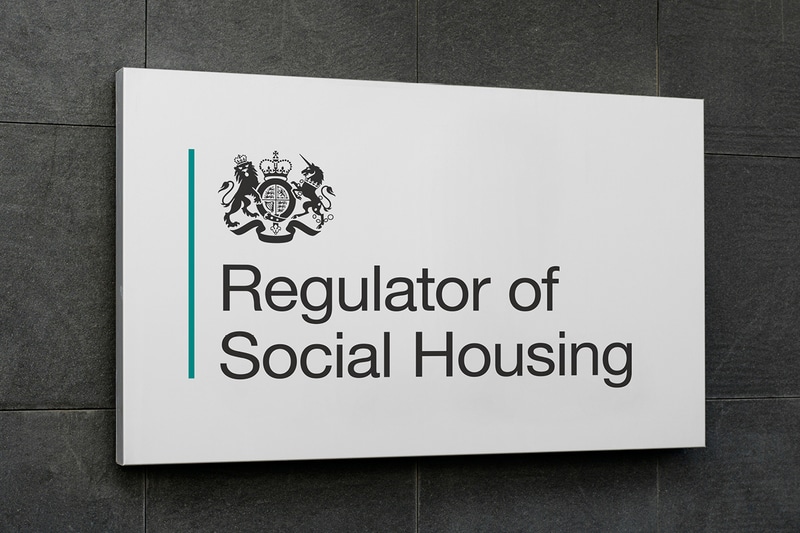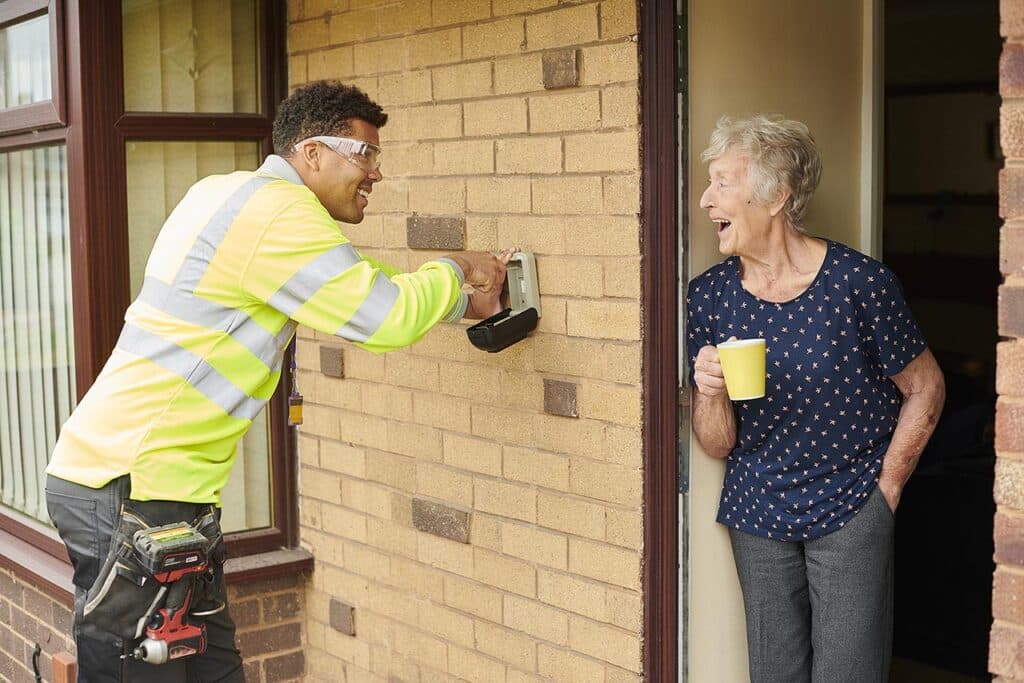New Resident Engagement Regulations: What Social Landlords Should Expect
The landscape of social housing in the UK is evolving, and with it comes a host of new regulations that emphasise the importance of resident engagement. For decision-makers like housing directors, and heads of repairs & maintenance within social housing providers, staying ahead of these changes is critical.
As we look ahead into 2024 and beyond, new regulatory regimes have set expectations for how social landlords engage with their tenants, promote transparency, and ensure accountability. These regulations, driven by the Regulator of Social Housing (RSH) are reshaping how housing providers operate. But what exactly do these changes entail, and what should social landlords expect?

Resident Engagement in 2024: A New Era of Accountability
The introduction of new resident engagement regulations in the UK in 2024 marks a turning point in social housing. These changes are underpinned by a clear focus: tenants must have a genuine voice, and social landlords must actively listen. These regulations are designed to ensure that residents are no longer passive recipients of services but active participants in shaping them.
One of the key features of the new regulatory environment is the emphasis on Tenant Satisfaction Measures (TSMs). These measures are now central to how social landlords are evaluated. Housing providers are expected to meet new standards that focus on tenant engagement and feedback. The RSH has made it clear that these aren’t just guidelines; they’re enforceable expectations that will have a tangible impact on how landlords are assessed.
For social landlords, the key question is: how do you adapt to these new resident engagement and transparency standards? It’s not just about ticking a box but embedding resident engagement into the fabric of your organisation. This means actively seeking out tenant feedback, responding to concerns, and involving residents in decision-making processes in meaningful ways.

The Role of the Regulator of Social Housing (RSH)
The RSH’s new standards for social housing accountability emphasise the importance of tenant influence and feedback mechanisms. Under the new Transparency, Influence, and Accountability Standard, social landlords must go beyond traditional approaches to tenant engagement. According to the RSH, landlords are now required to provide tenants with a wide range of opportunities to influence and scrutinise services. But more than that, landlords must demonstrate how tenant feedback has informed decision-making.
In a recent interview with Inside Housing, Kate Dodsworth, chief of regulatory engagement at the RSH, highlighted that this isn’t just a superficial requirement: ““We are an outcome-focused regulator and we expect that landlords of all different sizes will find the best way for their resident engagement and scrutiny to deliver. But there are some commonalities in what we want to see achieved. Comparing it to how resident engagement has been in the past, this has to be for a purpose and that purpose is to deliver homes that are of good quality [and] safe, and to deliver better landlord services.” The goal is to ensure that resident engagement leads to meaningful changes in services and operational strategies. Simply engaging with a few familiar faces at tenant meetings isn’t enough. Instead, landlords need to engage with all tenants, identifying patterns in feedback and complaints, and using this information to shape services.

The Impact of Tenant Satisfaction Measures on Social Housing Providers
The introduction of tenant satisfaction measures in social housing in 2024 means that housing providers must now place a greater emphasis on resident engagement best practices. These measures will directly influence the way social landlords are evaluated, making it critical to understand and act upon tenant feedback.
To improve tenant satisfaction, housing providers should:
- Take a proactive approach to resolving issues: By identifying common themes in tenant complaints, landlords can address systemic issues before they escalate, improving tenant satisfaction and reducing the need for reactive measures.
- Involve tenants in decision-making: Landlords must provide residents with meaningful opportunities to influence housing decisions. Whether it’s through formal tenant scrutiny panels or informal feedback mechanisms, landlords need to demonstrate that tenant input is shaping service delivery.
- Invest in transparent communication: Clear and open communication helps build trust between tenants and landlords. Ensuring that residents are informed about decisions that affect them, and showing how their feedback has been taken into account, can significantly improve tenant satisfaction.

Best Practices for Social Housing Providers Moving Forward
To successfully navigate these new regulations, social landlords must adopt best practices that promote tenant engagement and transparency in 2024 and beyond. Key steps include:
- Creating inclusive engagement strategies: Tailoring engagement approaches to the needs of different resident groups ensures that all tenants, regardless of their background, have a voice in decision-making.
- Establishing feedback loops: Implementing systems that allow residents to provide feedback and then clearly communicating how that feedback has been acted upon will be critical for maintaining compliance and improving tenant satisfaction.
- Leveraging technology: Digital tools, such as online tenant portals, can help streamline engagement and make it easier for tenants to report issues and provide feedback in real-time.
Ultimately, compliance with the new regulations set by the RSH requires a cultural shift within housing organisations. These regulations aren’t just about avoiding penalties; they are about improving the quality of life for tenants and ensuring that social landlords are held to high standards of accountability. By embracing the changes and focusing on transparency and accountability, social landlords can not only meet regulatory requirements but also build stronger relationships with their tenants, leading to better outcomes for all.
To discover more about how Mobysoft products can help organisations improve tenant engagement, head over to the Platforms section of our website.
- Seasons Greetings from Mobysoft! - December 24, 2024
- Spotting the Silence: The Crucial Role of RepairSense in Social Housing Maintenance - November 19, 2024
- How Data-Driven Insights Can Improve Tenant Satisfaction in Temporary Accommodation - October 18, 2024